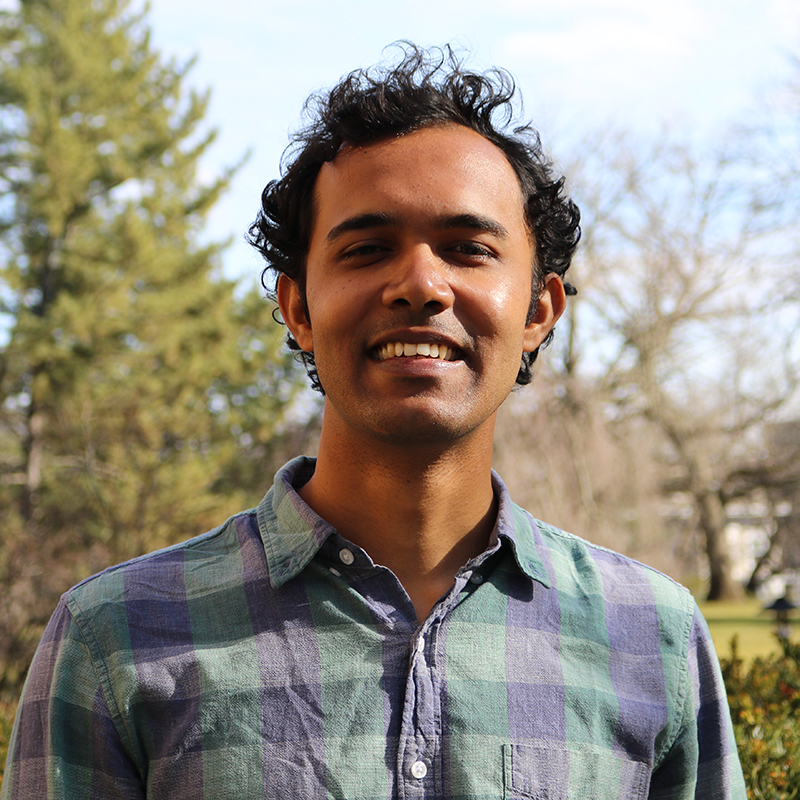Creating Effective Policy for Climate Action
Anirudh Krishnan

Natural Climate Solutions Policy Manager
Anirudh “Ani” Krishnan MA ’21 is the natural climate solutions policy manager with Conservation International in Singapore, where he works on climate policy across the Asia-Pacific region. His work supports governments and other stakeholders in establishing the policies and conditions for the generation and trading of high-quality carbon credits from nature, towards voluntary and compliance requirements including national commitments within the Paris Agreement. He previously worked with the Abdul Latif Jameel Poverty Action Lab (J-PAL) in Cambridge, Mass., where he managed the Innovation in Government Initiative and was a founding member of the Evidence to Scale vertical. At Jackson, Ani focused on political economy, quantitative methods, climate change, and policy communication. He was a student associate at the Yale Centre for Climate Change and Health and attended the UN climate summit (COP25) in Madrid, Spain, in December 2019 as a delegate of the Yale Student Environmental Coalition.
This Q&A was published in March 2024.
Read Full BioIn my role as a climate policy manager, I influence governments and policymakers to put clear policies and regulations in place to help them achieve their climate targets. An understanding of politics and political economy, in particular, is essential to building relationships and forming the right coalitions among diverse stakeholders.
Past inaction and continued slow action means we are constantly missing out on opportunities to mitigate the effects of climate change more affordably. We need to rapidly scale financing for climate action to delay or avert the worst effects of climate change, yet the money available is only a fraction of what is needed right now. Every dollar matters and we can't afford to waste it on solutions that don't work or, worse still, are not backed by the best science.
Conservation International works in numerous areas relating to climate change, with a focus on keeping natural ecosystems intact and healthy so they can extend the runway needed for large-scale decarbonization and carbon sequestration solutions to come online.
We also need cross-disciplinary thinking to address poverty, including improving the livelihoods for Indigenous peoples and local communities that depend on and steward natural resources, and shaping markets to incentivize sustainability over extractive business models.
Sue Biniaz's class on international climate change negotiations was a humbling experience. I leveraged the experience of someone who spent an entire career building the foundational blocks of international cooperation on climate change and gained a vocabulary for speaking about the scale of the global community's achievement with the Paris Agreement while recognizing its limitations. I capped off that semester with a week and a half at the annual UN climate summit in Madrid, where I saw firsthand the difficult and slow, yet deliberative and incremental progress made through international negotiations. In my current role, I've had the immense pleasure of seeing her frequently in the climate circuit, often outside negotiation rooms, to chat about how to break the gridlock and find common ground among countries' differing positions.